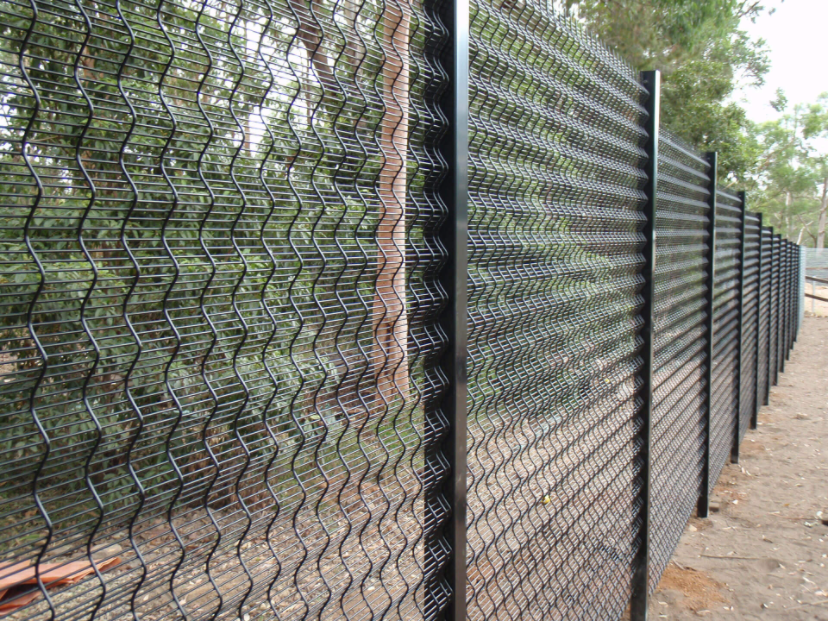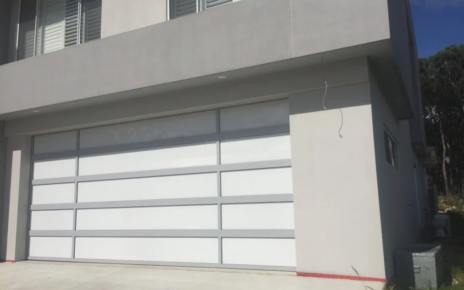If you plan to make a mesh fence in the future, this article may be useful for you, I will try to include my observations on this issue, supported by my experience and conversations with clients.
What mesh fence is the best?
We can choose from various options of the mesh for the fence, in this article let’s focus on the spiral mesh. This, in turn, is divided into galvanized, galvanized, and also coated with plastic, you can also meet, although rarely, non-galvanized wire, but coated with plastic. Which is the best? The answer is not clear in advance, but at the outset, let’s reject the one made of non-galvanized wire, which I would not recommend anyone to buy, it simply will not hang on our fence for too long.
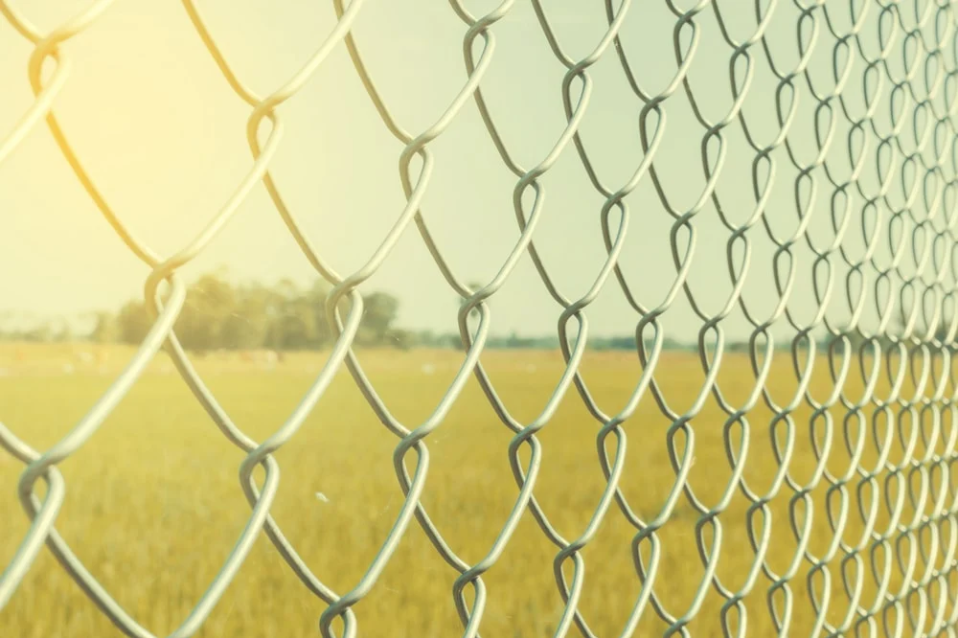
So there were two left, which one to choose from. I would choose galvanization + plastic coating. Why, because this mesh will hang on our fence longer, in a condition that resembles the one on the day of purchase. wire thickness. As a result, the fence will be more rigid and resistant to deformation, e.g. by someone who wants to take shortcuts through our plot. However, the thicker wire will not compensate for the inferior anti-corrosion coating. The galvanization itself will oxidize and corrosion will appear. When it does, I don’t know, it all depends on the wire manufacturer and the quality of its products.
I have seen galvanized meshes that corroded after 2 years and those that looked healthy after 8 years without any interference. The surrounding environment, city, suburbs, and villages are also very important, as they are characterized by different aggressiveness for steel products. Someone will say, I will take care of such a mesh and I will paint it .. consent will certainly extend its life, but at what cost. Painting a snail mesh is a tedious and laborious job that probably no one likes.
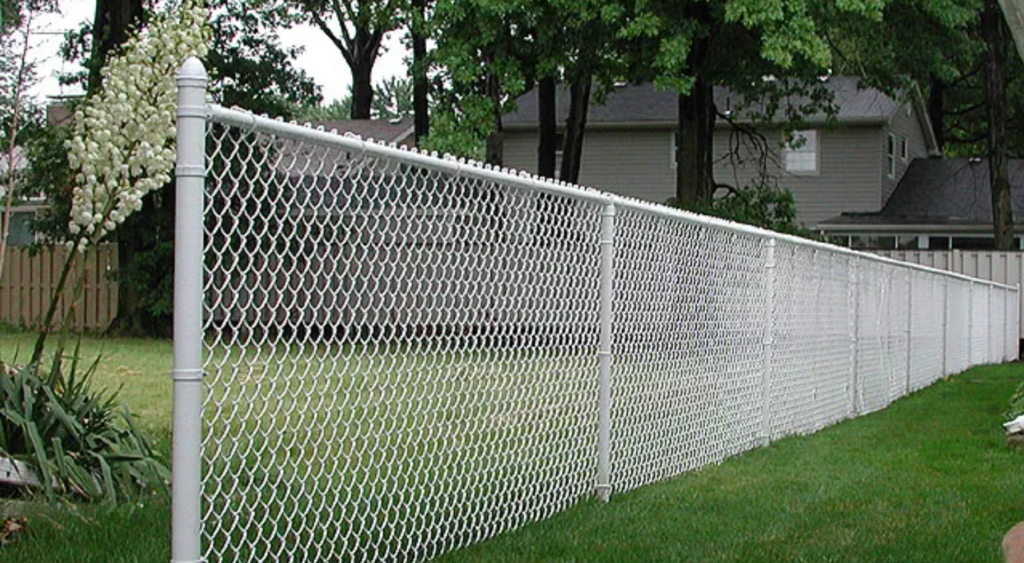
I will not write about water stains, dripping paint, dirty wall, bushes that have grown like in a botanical garden, etc. Hiring someone to paint is not worth it, better to replace the mesh with a new one and have peace of mind for a dozen or so years, unless you have a lot of free time, e.g. when you are retired … Therefore, the best are meshes made of galvanized wire and coated with plastic. anti-UV agent. Because no one wants to have a fence that is cracked after the first frosts and faded after a week of summer sunshine. Such were the problems faced by the owners of the nets from years ago, when these products were on sale.
As you can see, choosing a mesh can be troublesome.
Summing up, I choose a galvanized and coated mesh, but I also pay attention to the thickness of the wire inside and the size of the mesh.
Typical thicknesses of coated mesh fence are:
- 2mm diameter of galvanized wire after coating, about 3.2mm
- 2.5 mm diameter of galvanized wire after coating, about 3.8 mm
- 2.8mm diameter of galvanized wire after coating, about 4mm
- 3mm diameter of galvanized wire after coating, about 4.2mm
On the other hand, typical thicknesses of galvanized meshes are:
- 2.5 mm diameter of galvanized wire
- 2.8 mm diameter of galvanized wire
- 3 mm diameter of galvanized wire
- 3.5 mm diameter of galvanized wire
- 4 mm diameter of galvanized wire
Of course, you can also find other intermediate or smaller wire thicknesses, but I do not recommend coated meshes with a wire thickness of less than 2mm and galvanized meshes with a wire thickness of less than 2.8mm. promotions. The thickness of the cover itself does not have a significant impact on the stiffness of the mesh, its main task is to protect against corrosion and ensure a permanent color of the mesh.
The mesh size is an important parameter of a given product, but in my opinion, it is right after the thickness of the wire. The principle is simple, the smaller the eye, the stiffer the mesh is when stretched. Typical meshes are 50mm, 55mm, 60mm, 65mm. You can also find nets with mesh below 50 mm and above 65 mm, but they are not very popular and can be omitted in our considerations. It would be good if our mesh was made of both thick wire and small mesh.
However, most manufacturers of mesh follow the rule: small eye-thinner wire and vice versa. This is due to production limitations and the price of the mesh. The machines simply cannot cope with the thick wire by turning the mesh on a small screw. Damage to the cover will occur and the mesh is not suitable. The optimal eye for the price and diameter of the wire is 60mm, which is what most manufacturers make.
What will you buy for your mesh fence?
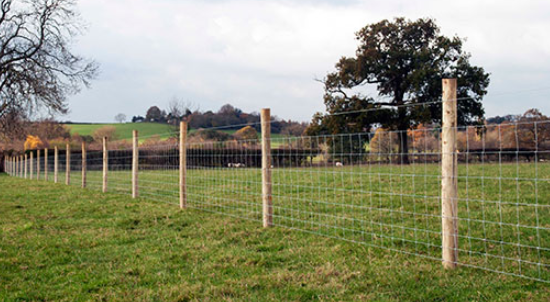
I don’t know how the net for my fence will be with you. May it be a good product for a low price – although you have to admit that it is difficult to find such bargains, it is not impossible. You just have to do a good search. I hope that at least some of the information from this article was useful for you.


